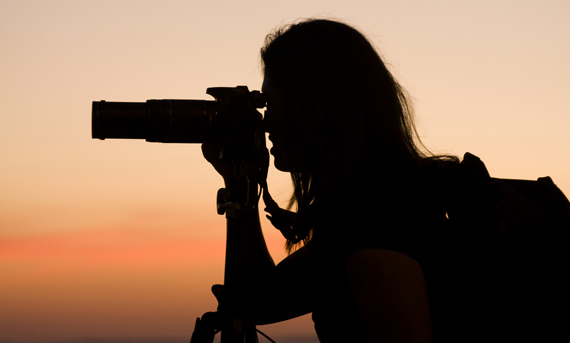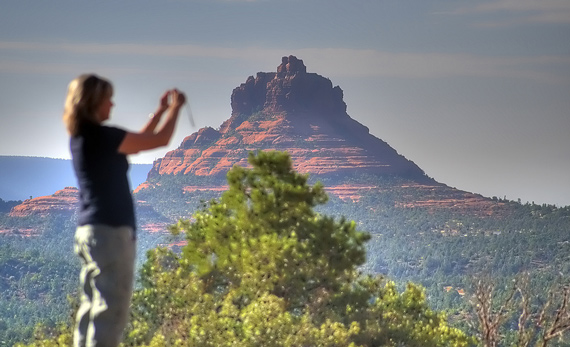Today, I have some good news and some bad news regarding your photography and mastering your camera.
First, the bad news. Like any other skill, mastering your camera may seem hard at first, but with practice, study, and experience, it is easy. Shooting with your camera on manual will become second nature to you. And you will notice a dramatic improvement in your work.
Keep in mind that the camera’s automatic settings are primarily designed to get you a shot that is free of camera shake with the shutter speed and a “middle of the road” exposure.
Your camera is a machine, it is not creative and none of the auto settings are designed to get a creative, stunning shot. They are designed to get one that is OK.
If that is good enough for you, stop reading now and go enjoy the rest of your life. If that is not good enough, and you want your friends and family to look at your photos and say, “WOW! You did that?” Keep going!
Your first step to total camera mastery is to take your camera OFF of auto mode and vow to never put it back.
Your second step is to practice! You can’t master the concepts of photography by reading about them. You have to actually get your camera out of the bag and shoot!
Back in the ancient days of film, I once heard a saying,
“You need to shoot 1,000 rolls of film—on one subject—to be considered a master of that subject.”
That’s a paraphrase, and it’s clearly from the era of film rather than digital, but the concept remains the same. You have to shoot! You just don’t have to pay for all that film and processing.
With the darkroom and processing lab taken out of the equation, we should be seeing a mastery of photography unprecedented in history; unfortunately, that’s not the case.
Instead of using our newfound freedom to learn how to shoot stunning photos, the vast majority of us are in the “spray and pray” mindset. In other words, rather than learning how to make a great photo, we just shoot hundreds and hundreds of snapshots on the off chance that one of them will “turn out” and will be a good one. (More professionals shoot this way than you may think!)
Then we spend hour after hour in Photoshop, trying to salvage something. Did you get into photography to create great photos? Or did you get into photography to spend hundreds of hours learning Photoshop?
At the same time, while practice makes perfect, it has to be perfect practice. You can’t just set up your camera and rapid fire 36,000 shots and call yourself an expert. You need to make each and every shot the best one you can.
Set up a still life and shoot an image. Study the result. How can you make it better? Find three ways to improve and try it again. And keep going. You will be surprised at how much fun it is and how fast you will improve.

Photo by Alexander Schimmeck; ISO 200, f/4.5, 1/100s.
Here’s the really good news: Since there is no processing lag time between shooting and studying the results, you will learn much faster than the old 1,000 rolls of film rule!
With digital photography, each shot gives you immediate gratification and potential for improvement. In the old days of film, you didn’t know if something was working or not until you shot an entire roll of film. And waited a few days to get the film back from the lab. With immediate access, who knows what the new rule is… 1,000 shots? 500?
The photo project for today is to get your camera out of the camera bag, turn off the automatic settings, and really learn the rules to master your camera. Your photography will improve fast!
About the Author:
Dan Eitreim writes for OnTargetPhotoTraining. He has been a professional photographer in Southern California for over 20 years. His philosophy is that learning photography is easy if you know a few tried and true strategies.
Like This Article?
Don't Miss The Next One!
Join over 100,000 photographers of all experience levels who receive our free photography tips and articles to stay current:








Earlier this morning, in a conversation with one of the clerks in my local camera store, the discussion tuned to the notion that composition of the photograph is the key to a good picture. Learning the capabilities of the camera, be it a point’n’shoot or a full frame sensor DSLR simply lets you understand how far you can push things. You can take a great photo even with a pin hole camera using compositional skills and patience. Or you can take a great photo with a $10,000 DSLR rig using the same skills and knowledge. The old saying “practice makes perfect” still rings true.
This is a great article. Thank you for reading my mind!